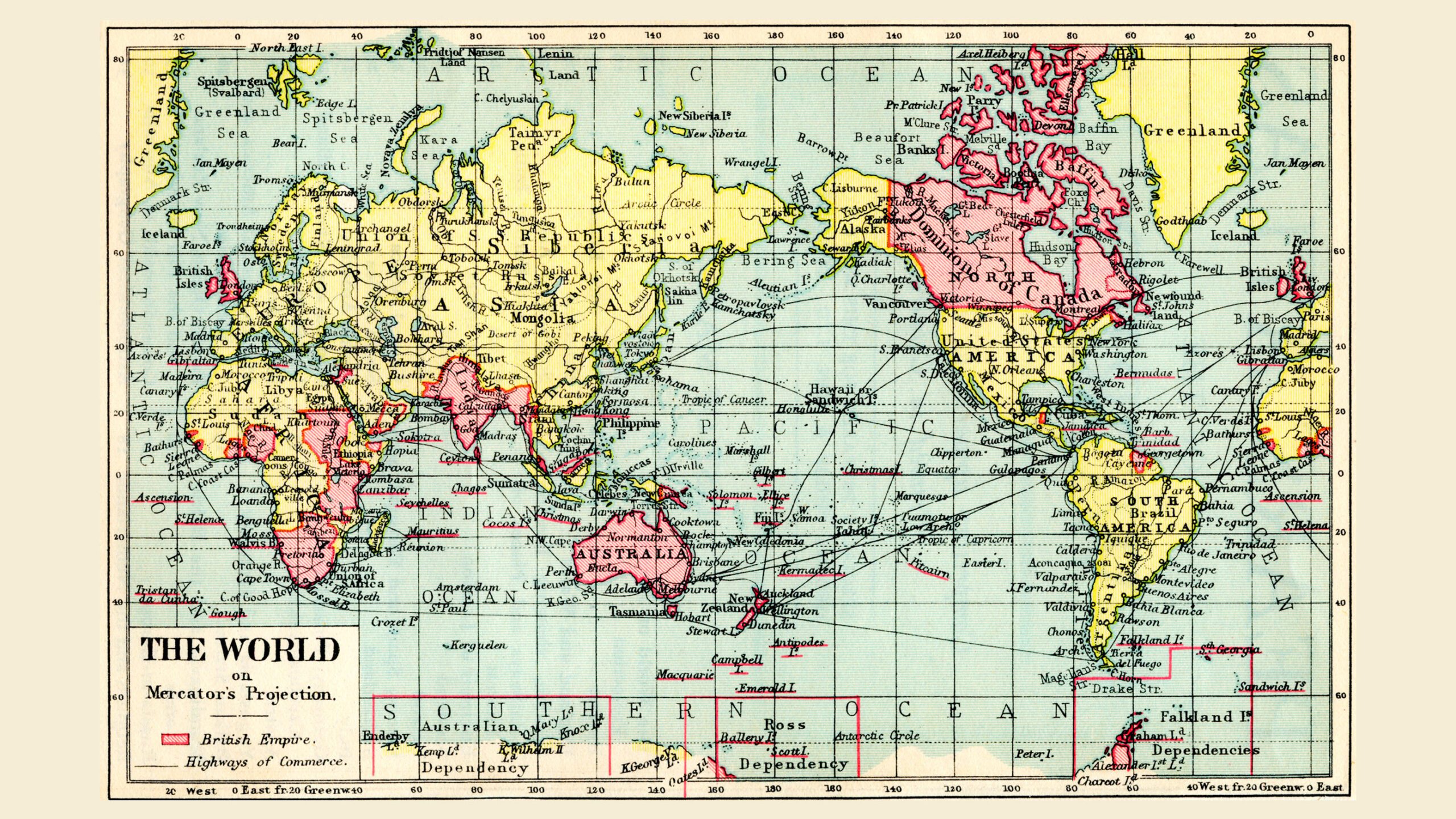The Roman Empire and the British Empire were two of the most significant empires in the world, sharing similarities and differences in terms of their power and influence. Both were powerful political entities and employed military might to expand their territories. They were also influential economic powers, with the Roman Empire playing a significant role in developing international trade, and the British Empire driving the industrial revolution. Both left behind a rich cultural heritage that has had a significant impact on the world, but their fall differed considerably, with the Roman Empire facing internal conflicts and foreign invasions, while the British Empire experienced economic decline and decolonization movements. It is important to learn from the past and avoid repeating mistakes in the future.
Introduction:
Throughout the history of the world, there have been numerous empires that rose to power, gained influence, and ultimately declined. Two of the most significant and well-known empires are the Roman Empire and the British Empire. The Roman Empire emerged in ancient Rome, while the British Empire was a product of the British Isles. Despite these differences, these two empires share many similarities and differences in terms of their power and influence.
Political Power:
One of the significant similarities between the Roman Empire and the British Empire is the fact that both were powerful political entities. The Roman Empire was characterized by a system of governance where the emperor held all the power. On the other hand, the British Empire was ruled using a parliamentary system, where elected representatives made decisions on behalf of the people. Despite these political differences, both empires employed military might to extend their territories and impose their rule.
Economic Influence:
Both the Roman Empire and the British Empire were influential economic powers in their respective eras. The Roman Empire played a significant role in the development and spread of international trade. Roman traders engaged in the exchange of goods with distant lands such as India and China, which helped to expand their economy. Similarly, the British Empire played a crucial role in the industrial revolution that took place during the 18th and 19th centuries. It was the driving force behind the steam engine’s invention, which helped to revolutionize transportation and manufacturing.
Cultural Influence:
Another important similarity between the Roman Empire and the British Empire is the cultural impact they had on the world. The Roman Empire left behind a rich cultural heritage, which included language, art, literature, and architecture. Latin, the language of the Roman Empire, served as the foundation of many European languages. British culture, on the other hand, has spread throughout the world. The English language is now spoken as a primary or secondary language by more than a billion people across the globe. British literature, music, and cinema have all had a significant impact on the world.
The Fall of the Empire:
Despite their similarities, the ultimate fate of the Roman Empire and the British Empire differed significantly. The decline and eventual collapse of the Roman Empire were characterized by a series of internal conflicts, invasions by foreign tribes, and economic instability, while the fall of the British Empire was due to a combination of factors such as imperial overstretch, economic decline, and decolonization movements.
Conclusion:
The Roman Empire and the British Empire were two of the most significant empires in the history of the world. Both empires wielded immense political and economic power and spread their culture to the world. However, the fall of these empires highlights the fact that even the most powerful empires are not invincible. Therefore, it is essential to learn from the past and ensure that these mistakes are not repeated in the future.
